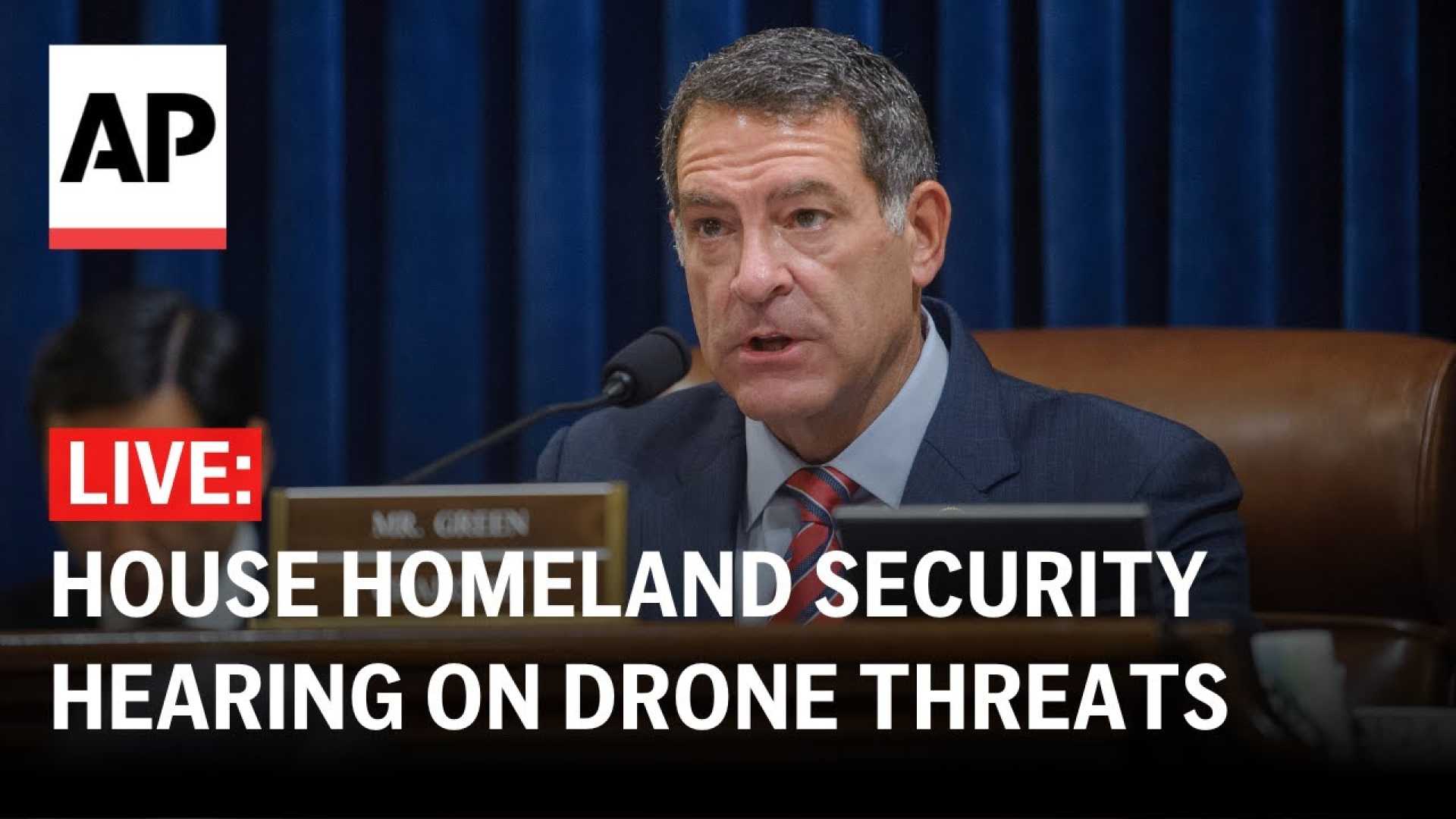News
House Committee Highlights Urgent Need to Address Drone Threats to Homeland Security

The House Committee on Homeland Security held a critical hearing on December 10, 2024, to discuss the escalating threats posed by unmanned aerial systems (UAS) or drones to U.S. homeland security. The hearing featured officials from the FBI, U.S. Border Patrol, and the Department of Homeland Security (DHS), who emphasized the significant risks associated with malicious drone activities.
The committee highlighted that drones are increasingly being used by nefarious actors, including cartels, to smuggle drugs and surveil law enforcement operations along the U.S.-Mexico border. These drones also pose a substantial threat to critical infrastructure such as power grids, oil refineries, airports, water treatment plants, and transportation systems. A single drone carrying explosives could cause widespread damage and significant economic loss.
The current authorities granted to DHS and the Department of Justice (DOJ) under the Preventing Emerging Threats Act of 2018, which is set to expire on December 20, 2024, were a focal point of the discussion. These authorities have been crucial in protecting covered facilities and assets against credible UAS threats, despite limitations imposed by laws such as the Wiretap Act and the Aircraft Sabotage Act. There is a pressing need to extend and reform these authorities to ensure continued national security.
The hearing also addressed the use of drones in international conflicts, such as in Ukraine and Israel, and their potential for intelligence gathering near sensitive military installations. The committee stressed the importance of learning from these conflicts to bolster U.S. defenses against drone misuse. Upcoming global events like the 2026 FIFA World Cup and the 2028 Summer Olympics, which will be held in part in the United States, were cited as reasons to enhance security measures against drone threats.
Legislative proposals, such as HR 8610, the Counter UAS Authority Security Safety and Reauthorization Act, were discussed as a means to expand the authority of federal, state, and local law enforcement agencies to use monitoring, tracking, and signal jamming technologies to protect critical areas while ensuring the civil liberties of drone operators.












